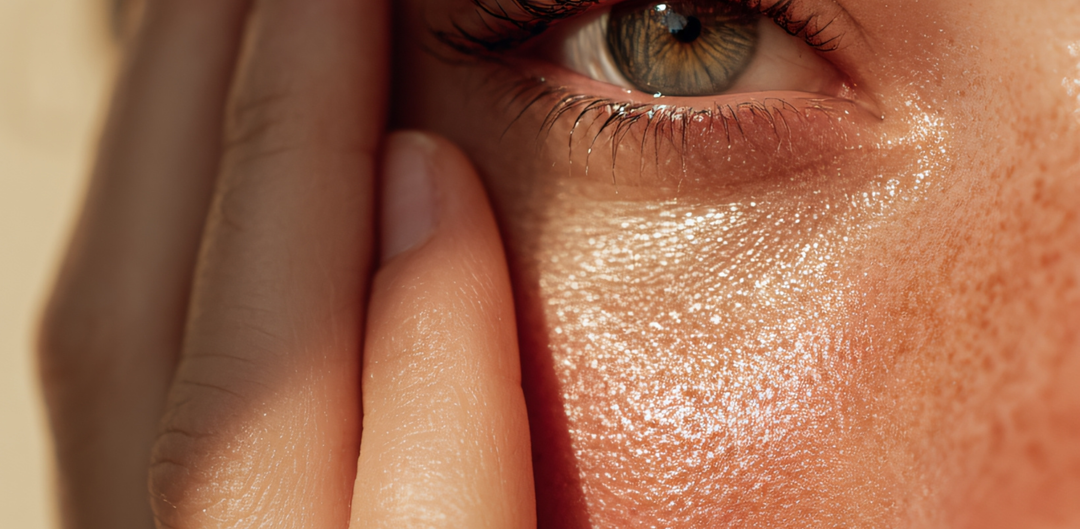Chapter One – Miracle
By Kirsty Harkness
It was the kind of silence you could only find in Africa. Thick, humming, like even the air knew something was about to happen.
The baby lay on the old metal bed, her tiny body locked stiff as a board, her back arched like a bow drawn to breaking point. Jaw clenched. Eyes wild. I’d never seen anything like it. Tetanus.
I hadn’t seen a baby die before, or anyone for that matter. Or anyone with tetanus in our small, vaccinated New Zealand nation, but I had heard all the stories since my recent arrival here in Africa.
I stood frozen, trying to remember how to breathe in this new foreign heat and environment. Seeing this tiny baby in front of me, so helpless, so small, so fragile, and so rigid. And this was only my second week. I wasn’t even a registered nurse yet. Just nineteen, barely out of theatre placements in New Zealand, and suddenly I was in deep at a mission hospital in the middle of Zaire. Now called the Congo.
We had no anaesthetist. No ventilators. No incubators. Just a single IV line, a saline bag, and the kind of medical courage I hadn’t grown into yet.
Lily stood at the foot of the bed. Calm, gentle, and endlessly kind. She was usually the one laughing, lightening the mood, making everyone feel at ease. But today her face was still. Her smile gone. Her eyes were sharp, focused, already working through a plan.
“She needs something to relax the spasms,” Lily said. “She’ll suffocate otherwise.”
Seamus, our Irish surgeon, stood beside her. Steady hands, soft voice, and a grin that rarely left him, though it had now. He shook his head slowly. “We don’t have anything that’ll work. We’ve been here before. We haven’t saved one yet.”
Lily held up a vial. “Valium. I think we should try giving her an adult dose.”
His eyes jumped. “Are you serious?”
She nodded. “I read about it in a medical journal. One baby survived. If we do nothing, she dies.”
No one moved. The baby gave a sharp, twitching jerk.
“I’ll hook up the line,” I said, surprising even myself. “What have we got to lose?”
As Lily and Seamus worked to gain venous access, a delicate, painstaking task in a baby so small, I sat beside her. I cradled her against my arm, letting her feel the warmth of skin contact, hoping it might bring some comfort through the spasms that still gripped her tiny body.
Her mother had died during childbirth in a neighbouring village, from tetanus herself. The baby had been brought straight to us by her grandmother, who now stood silently in the corner of the room, eyes wide with worry, hands wringing a worn piece of cloth. She waited, watching, hoping, as we worked. Everyone knew how tetanus ended. But they had brought her anyway. Hoping. Desperate for something different. Something impossible.
Everyone worked fast. No one spoke. Tense was an understatement. The baby’s tiny chest shuddered as the Valium slowly entered her bloodstream. Speed of dose was the key here, it couldn’t go in too fast, or too slow. But the infusions perfect rate was unknown to us, we had never done it before. Lily led with what her years of experience thought best.
And then… the baby’s body softened. Not completely. But enough. Enough to breathe. Enough to hope.
I couldn’t speak. I wanted to cry. Why was she even in this position? Why couldn’t she have the protections we’d had as children? But I didn’t move. I just stayed there, holding her close, stroking her arm, staring at this impossibly small human, praying that what we’d done had worked.
And then we waited.
Minutes passed. Hours passed.
We watched her for hours as the infusion dripped in, barely breathing ourselves. The rigid hold began to ease. Her chest rose and fell without fighting. Her tiny hands unclenched.
And slowly… The spasms stopped.
She lived.
Sometimes I still imagine her now. With a family of her own, cooking stew over a fire or rocking her own baby to sleep. She has no idea her life was almost a statistic. That the nurse with the kind eyes and the wild courage read a single article in a medical journal and decided to try. A risk. A dose meant for an adult. That in that moment, with nothing else to give, we held our breath and gave her everything we had.
But that’s what Lily did. She gave people a future, when there wasn’t one.
And as my welcome to Africa, I got to witness a miracle.
Chapter Two:
I had no idea what was coming next... only that I was going anyway. Into the heart of Zaire, into the unknown, and into the most unforgettable chapter of my life.
To protect privacy, names have been changed but these are all true stories.
With thanks to my editor and sounding boards. Sometimes it takes another set of eyes to help find the right words. I’ve always been better at feeling a story than finessing every sentence.
Glossary Note: Zaire
At the time of this story, the country now known as the Democratic Republic of the Congo (DRC) was officially called Zaire. From 1971 to 1997, the nation bore that name under the rule of President Mobutu Sese Seko. Today, the same region is referred to as the DRC, but for historical accuracy and personal authenticity, I’ve used “Zaire” throughout this book to reflect the time and place as I experienced it.
About the Author
Kirsty Harkness is the founder of Hark & Zander, a premium natural skincare brand inspired by care, courage, and connection. Before launching her business, Kirsty worked as a nurse, photographer, and vineyard owner — a path that’s taken her from remote African hospitals to the heart of New Zealand’s wine country. Founder’s Footsteps shares true stories from a very different life, written for her daughter and anyone who’s ever felt the pull of purpose, people, and place.





